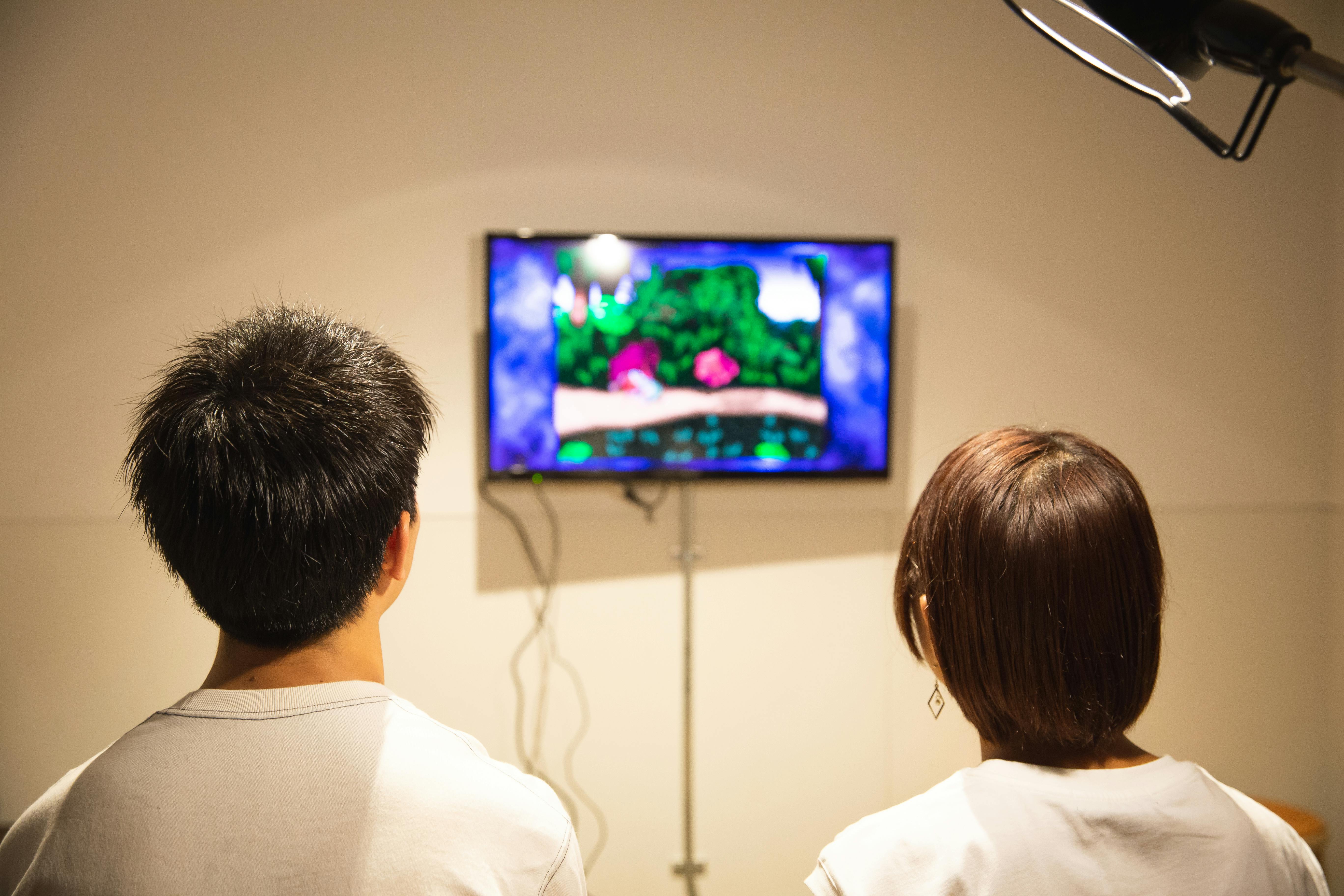Unlock Your Future: Study in Australia for an Exceptional Education Experience in 2025
Studying in Australia provides international students with a chance to experience a world-class education in a vibrant and diverse setting. With top universities offering various programs in fields such as business, engineering, and health sciences, students can tailor their education to meet their career aspirations. Moreover, numerous scholarships are available to help mitigate costs, and understanding the student visa requirements is essential for a smooth transition. By considering living costs and preparing financially and academically, students can confidently plan a rewarding and successful study experience in Australia.

Australia continues to attract hundreds of thousands of international students each year, offering a unique blend of academic excellence, multicultural communities, and stunning natural landscapes. The country’s education system is recognized globally for its high standards, research opportunities, and practical approach to learning. Whether you’re considering undergraduate programs, postgraduate studies, or vocational training, Australia provides diverse pathways to achieve your educational and career goals.
What Makes Australia an Attractive Study Destination
Australia’s education system stands out for several compelling reasons. The country hosts 43 universities, many of which consistently rank among the top institutions worldwide. Australian degrees are recognized internationally, providing graduates with competitive advantages in the global job market. The teaching methodology emphasizes critical thinking, innovation, and practical application, preparing students for real-world challenges. Additionally, Australia’s multicultural society creates an inclusive environment where students from over 190 countries learn together, fostering cross-cultural understanding and global networks that last a lifetime.
Understanding the Australian Education System and Available Programs
The Australian higher education landscape offers three main qualification levels: undergraduate degrees (typically three to four years), postgraduate degrees (one to two years), and doctoral programs (three to four years). Beyond universities, Australia’s vocational education and training sector provides practical, career-focused qualifications through Technical and Further Education institutions. Students can choose from thousands of courses across fields including engineering, business, health sciences, information technology, creative arts, and environmental studies. Many programs incorporate work-integrated learning, internships, and industry partnerships, ensuring graduates possess both theoretical knowledge and practical skills employers value.
Scholarship Opportunities for International Students
Financial support plays a crucial role in making Australian education accessible to talented students worldwide. The Australian government offers several scholarship programs, with the Australia Awards being the most prominent, providing full tuition coverage, living allowances, and travel expenses for students from developing countries. Individual universities also maintain extensive scholarship schemes based on academic merit, leadership potential, or specific fields of study. Research students may access funding through the Research Training Program, which covers tuition fees and provides living stipends. Private organizations, industry partners, and international foundations offer additional funding opportunities. Prospective students should research scholarship deadlines carefully, as many close six to twelve months before program commencement. Application requirements typically include academic transcripts, reference letters, personal statements, and proof of English proficiency.
Cost Considerations and Financial Planning
Understanding the financial commitment required for pursuing education in Australia helps students and families plan effectively. Tuition fees vary significantly depending on the institution, program level, and field of study. Undergraduate programs typically range from AUD 20,000 to AUD 45,000 annually, while postgraduate courses may cost between AUD 22,000 and AUD 50,000 per year. Medical, veterinary, and specialized programs often command higher fees. Beyond tuition, students must budget for living expenses, which vary by city and lifestyle choices.
| Expense Category | Estimated Annual Cost (AUD) | Notes |
|---|---|---|
| Tuition (Undergraduate) | 20,000 - 45,000 | Varies by field and institution |
| Tuition (Postgraduate) | 22,000 - 50,000 | Specialized programs cost more |
| Accommodation | 10,000 - 20,000 | Depends on city and housing type |
| Living Expenses | 12,000 - 18,000 | Food, transport, personal items |
| Health Insurance | 500 - 700 | Mandatory for student visa |
Prices, rates, or cost estimates mentioned in this article are based on the latest available information but may change over time. Independent research is advised before making financial decisions.
Visa Requirements and Application Process Insights
Obtaining a student visa represents a critical step in your Australian education journey. The subclass 500 student visa allows international students to stay in Australia for the duration of their course. Application requirements include a Confirmation of Enrollment from an Australian institution, proof of sufficient funds to cover tuition and living expenses, Overseas Student Health Cover, English language proficiency test results, and genuine temporary entrant documentation. The application process typically takes four to six weeks, though processing times vary. Students should apply well in advance of their intended start date. The visa permits up to 48 hours of work per fortnight during academic sessions and unlimited hours during scheduled breaks, helping students gain work experience and supplement their income. Dependent family members may also be eligible to accompany students under certain conditions.
Life as an International Student and Support Services
Australian universities recognize that international students face unique challenges and provide comprehensive support services to ensure academic success and personal wellbeing. Most institutions offer orientation programs, academic skills workshops, English language support, career counseling, and mental health services. Student unions organize social events, clubs, and activities that help newcomers build friendships and integrate into campus life. Many universities maintain dedicated international student offices that assist with visa matters, accommodation searches, and cultural adjustment. The Australian education experience extends beyond classrooms, with opportunities to explore diverse landscapes, engage with local communities, and develop independence. Cities like Sydney, Melbourne, Brisbane, Perth, and Adelaide each offer distinct cultural experiences, entertainment options, and lifestyle advantages. Students often find part-time employment in hospitality, retail, or roles related to their field of study, gaining valuable work experience while learning.
Career Prospects and Post-Study Work Opportunities
One of Australia’s most attractive features for international students is the possibility of gaining work experience after graduation. The Temporary Graduate visa (subclass 485) allows eligible graduates to work in Australia for two to four years, depending on their qualification level and field of study. This post-study work period provides invaluable opportunities to apply academic knowledge in professional settings, build local networks, and potentially transition to permanent residency pathways. Australian qualifications are highly regarded by employers globally, and graduates often find their degrees open doors to international career opportunities. Many industries actively recruit international graduates, particularly in sectors experiencing skills shortages such as healthcare, engineering, information technology, and education.
Pursuing higher education in Australia represents an investment in your future that extends far beyond academic credentials. The combination of quality education, cultural experiences, career opportunities, and personal growth creates a foundation for lifelong success. As you consider your options, research thoroughly, connect with current students or alumni, and explore the diverse programs and institutions that align with your goals and aspirations.




